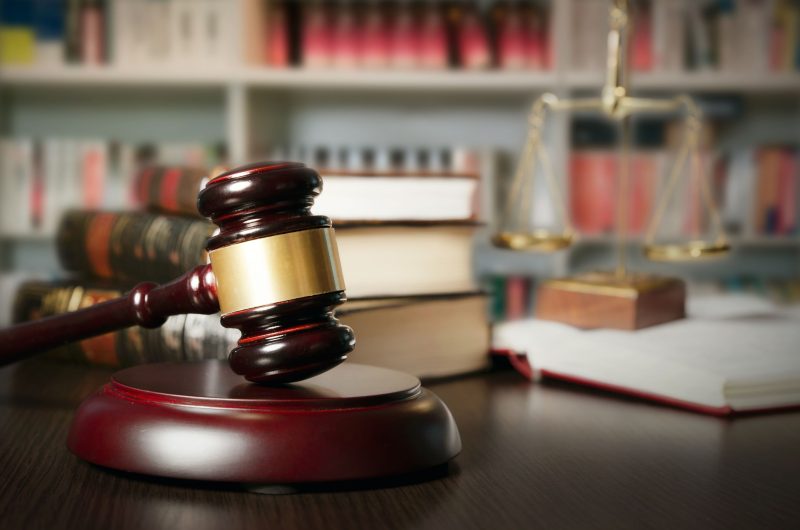Sexual assault gravely violates an individual’s rights and personal safety. Sexual assault victims frequently experience emotional and psychological stress that can negatively impact their lives for a long time. Apart from the psychological consequences, victims have the option to pursue legal recourse by filing a lawsuit alleging sexual assault. Although this process can seem overwhelming and complicated, victims can make more educated decisions regarding their legal alternatives if they are aware of the stages involved.
The Initial Steps in a Sexual Assault Lawsuit
When considering a sexual assault lawsuit, the first step is to consult with a qualified legal professional. An experienced legal advocate can provide essential guidance and support throughout the legal process. They help victims navigate the complexities of the judicial system, understand their rights, and evaluate the strength of their cases. The later action is to assemble proof to back up the assertion. Medical records, witness accounts, and any other pertinent paperwork that can support the claims are examples of this type of evidence. To bolster their case, victims must gather and preserve as much evidence as they can. Following the collection of evidence, the attorney will formally file a complaint with the court. The factual facts and requested damages are described in this lawsuit. The complaint will then be served to the defendant or the person being charged, and they will have a chance to reply.
The Legal Proceedings and Trial
Following the filing of the complaint, the matter may move forward to the discovery phase, during which the parties exchange relevant documents and evidence. Discovery aids in mutual understanding between the parties and helps them get ready for trial. In this stage, sworn testimony from witnesses may also be obtained through depositions. The matter will go to trial if it doesn’t resolve during discovery. During the trial, all sides present their cases, supporting documentation, and witness testimony before a judge or jury. The intention is to establish the victim’s right to damages and the defendant’s liability for the assault. The trial process can be emotionally taxing for victims, but a skilled sexual assault lawyer can provide support and advocacy throughout the proceedings. The parties may sometimes settle before the trial concludes. An agreement to settle the matter without a trial is called a settlement, and it is made between the defendant and the victim. Through settlements, victims can get their money back and find peace without having to fight a long-term court struggle. Victims should, however, carefully analyze any settlement offers and speak with their attorney before accepting.
Support and Resources for Victims
Navigating a sexual assault lawsuit is not only about legal proceedings but also about addressing the emotional and psychological impact of the assault. Counseling and other forms of support are advised for victims to help them deal with the trauma and stress of going through the court system. Resources tailored to the needs of victims of sexual assault are widely available through organizations and support groups, offering both practical and psychological care. Victims should also be informed of their rights at all times during the legal procedure. This covers freedom from harassment and intimidation, the right to privacy, and the right to a fair and impartial trial.



